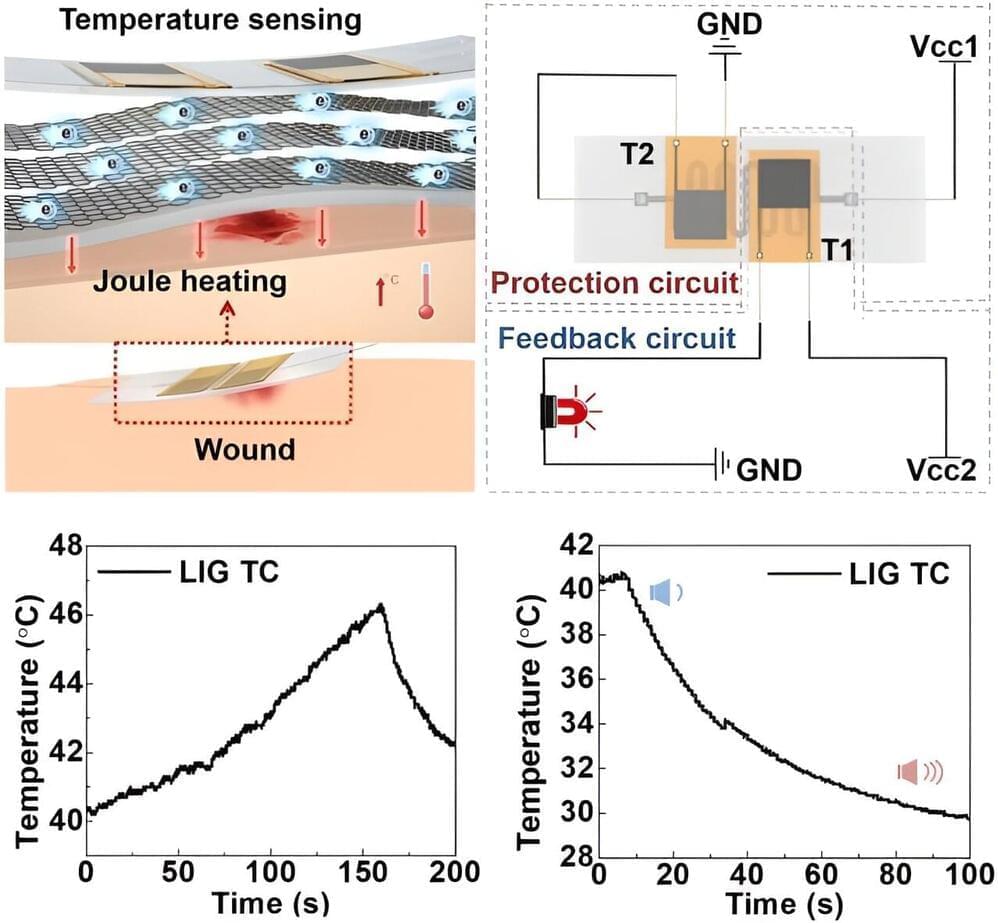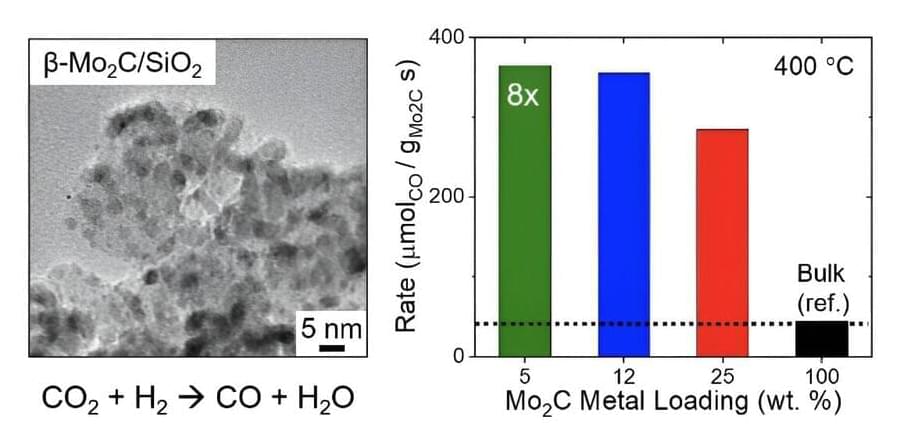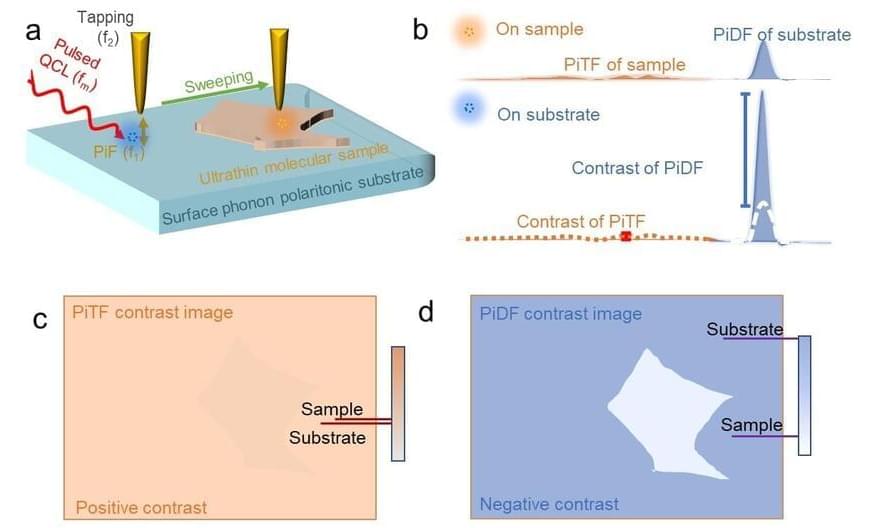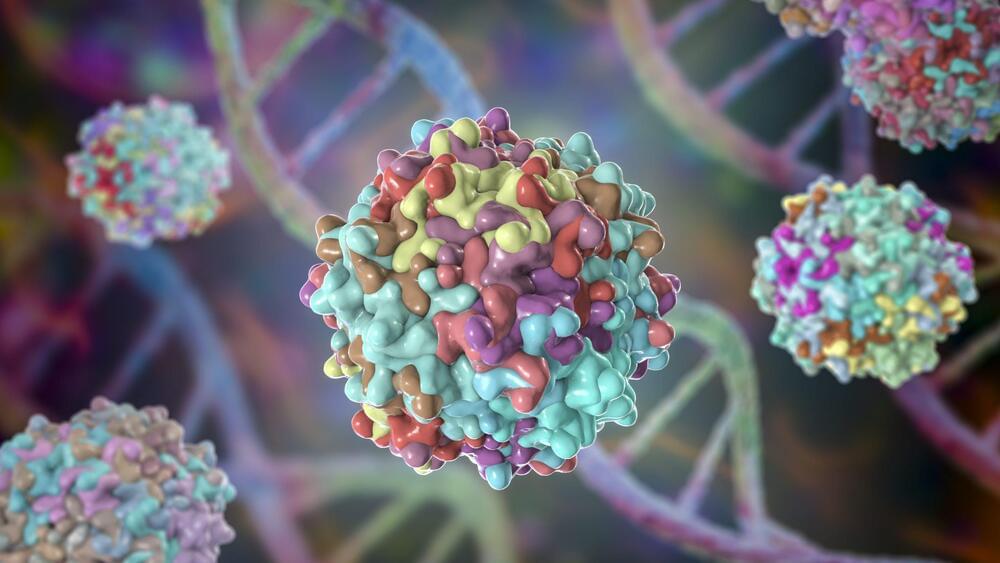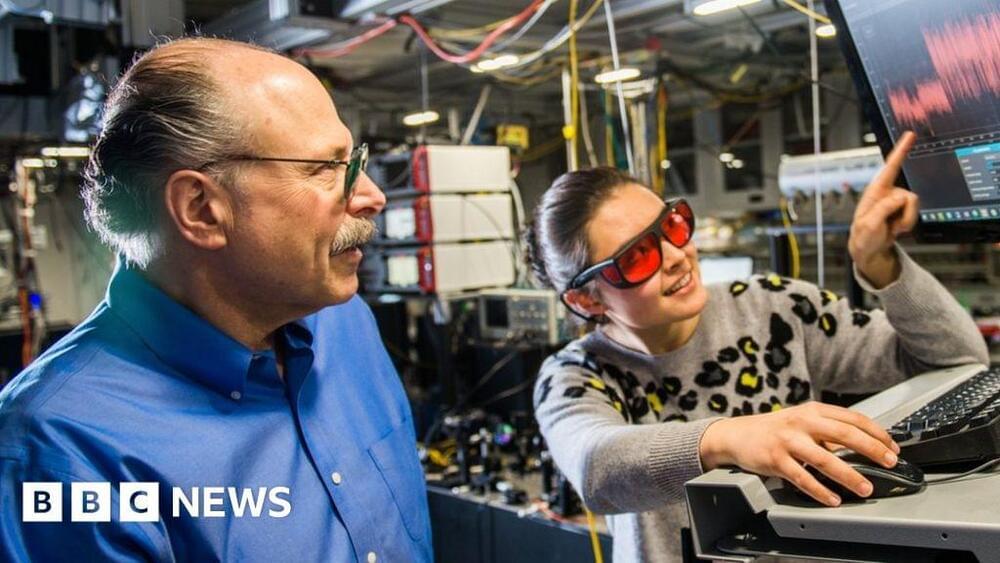The results of a metagenomic study from the University of Trento suggest that the CRISPR toolbox will need to make room for another CRISPR enzyme. The disruption should be minimal because the newly identified enzyme is unusually compact. It consists of just over 1,000 amino acids. And yet it is also strongly active and highly precise. The hope is that it can be packaged with guide RNA within the tight quarters afforded by adeno-associated virus (AAV) vectors, and thereby expand the use of in vivo gene editing in therapeutic applications.
The study was led by Anna Cereseto, PhD, and Nicola Segata, PhD, of the department of cellular, computational, and integrative biology. Cereseto leads a laboratory that develops advanced genome editing technologies and their application in the medical sector. Segata is the head of a laboratory of metagenomics, where he studies the variety and characteristics of the human microbiome and its role in health. Their collaboration has led to the identification, in a bacterium of the intestine, of new CRISPR-Cas9 molecules that could have a clinical potential to treat genetic diseases.
Detailed findings from the study recently appeared in Nature Communications, in an article titled, “CoCas9 is a compact nuclease from the human microbiome for efficient and precise genome editing.”
